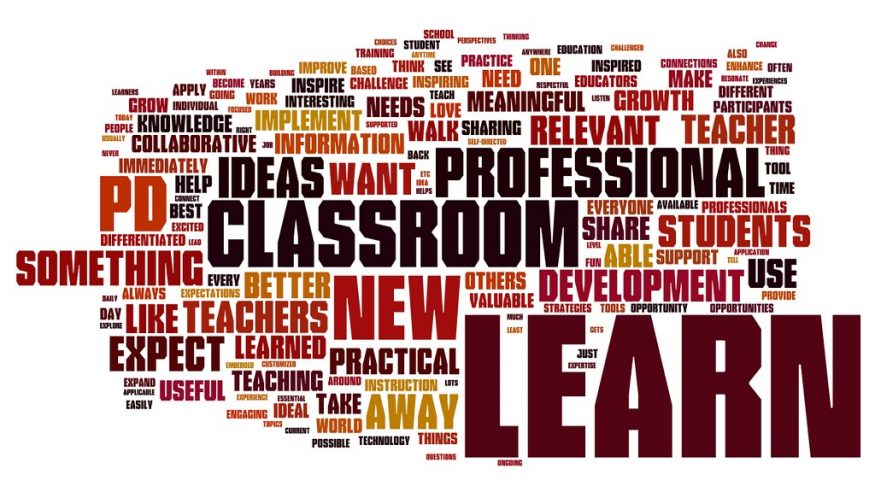Professionalism in Small Group Teaching: A Student’s Perspective
31 October 2024
Small group teaching (SGT) is a widely adopted pedagogical approach in higher education, known for fostering collaboration, engagement, and more profound learning experiences (Burgess et al., 2019). However, the professionalism exhibited by educators during SGT plays a crucial role in shaping student perceptions and outcomes. This essay evaluates various elements of professionalism within SGT from a student’s viewpoint, considering factors such as facilitator qualities, communicative practices, and the creation of an inclusive learning environment.
One defining characteristic of professionalism in SGT is the facilitator’s ability to display subject mastery (Huang et al., 2022). Students often perceive knowledgeable educators as more credible, directly influencing their engagement and participation levels. Facilitators who approach their teaching with expertise foster confidence that encourages students to express their ideas and questions freely. Moreover, effective facilitators negotiate a delicate balance between leading discussions and allowing student autonomy. As indicated by Lizzio and Wilson (2020), an optimal blend of guidance and independence leads to enhanced critical thinking among students, thereby reflecting the professionalism of the facilitator.
Effective communication is another pivotal component. Professional educators in SGT must exhibit strong verbal and non-verbal communication skills. According to Vardi and Gallan (2021), clarity in instruction and responsiveness to student inquiries promote an environment of mutual respect and understanding. When educators actively listen and provide constructive feedback, students feel valued and are more likely to engage proactively in discussions. Additionally, educators should be available and approachable, reinforcing teamwork and collaboration (Gordon & Houghton, 2019).
Inclusivity is integral to professionalism in SGT. A professional educator understands the diverse backgrounds and learning styles of their students. This awareness is essential for creating an environment where all students feel comfortable contributing. As highlighted by Beatty et al. (2020), initiatives that foster inclusivity, such as group norms or peer assessments, enhance the quality of interaction among group members. Educators promoting a sense of belonging through inclusive practices contribute positively to student satisfaction and learning outcomes.
Moreover, professionalism encompasses ethical responsibilities. Educators are tasked with maintaining academic integrity and creating a fair learning environment for all participants (O’Rourke et al., 2021). Adherence to ethical teaching standards reflects professionalism and sets a precedent for students regarding the expected conduct within educational settings. When students witness their educator modelling integrity and fairness, it enhances their respect for the educational process and reinforces their commitment to academic responsibilities.
In conclusion, professionalism in small group teaching is multifaceted, encompassing subject mastery, effective communication, inclusivity, and ethical responsibility. As students, we thrive in environments where educators demonstrate these professional characteristics. Facilitators who provide knowledgeable leadership, exhibit excellent communication skills, foster inclusivity, and maintain ethical standards significantly enrich our learning experiences. Understanding professionalism’s elements helps students and educators create a more effective and dynamic learning environment.
References
Beatty, K., Lo, A., & Kluge, N. (2020). Navigating the challenges of effective group work in higher education: A focus on inclusivity. Journal of Higher Education Theory and Practice, 20(1), 45-60.
Burgess, A., Haq, I., & Van der Vleuten, C. (2019). Factors influencing the effectiveness of small group learning in medical education. BMC Medical Education, 19(1), 350. doi:10.1186/s12909-019-1824-8
Gordon, R., & Houghton, J. (2019). Improving student engagement in small group teaching: A focus on communication. Teaching in Higher Education, 24(5), 616–631.
Huang, L., Wang, Y., & Ho, H. (2022). The role of facilitator behaviour in student engagement in small group learning. Active Learning in Higher Education, 23(3), 217-230. doi:10.1177/1469787418821227
Lizzio, A., & Wilson, K. (2020). Enhancing student learning through effective small group teaching: Insights from students’ perceptions. Journal of Educational Psychology, 112(3), 483-497.
O’Rourke, T., Naylor, S., & Morrison, D. (2021). Academic integrity in small group teaching: Ethics and professionalism. Assessment & Evaluation in Higher Education, 46(4), 507–519.
Vardi, I., & Gallan, B. (2021). Clarity, communication, and culture in small group teaching: A student perspective. Studies in Higher Education, 46(11), 2346-2362.
- Accreditation
- Achievement & Attainment
- AI
- Artificial Intelligence
- Case-Based Learning
- CMALT
- Diversity
- Graduate Entry Programs to Medicine
- Group Diversity
- Group Learning
- Learning Technology
- Peer Learning
- Problem-Based Learning
- Professional Development
- Professionalism
- SGL
- Small Group Learning
- Widening Access
- Professionalism in Small Group Teaching: A Facilitator’s Perspective
- Professionalism in Small Group Teaching: A Student’s Perspective
- How medical schools can utilise Small Group learning to equal achievement levels among students
- How is artificial intelligence shaping the future of medicine and biomedical sciences?
- The Advantages of Gaining CMALT for Academics